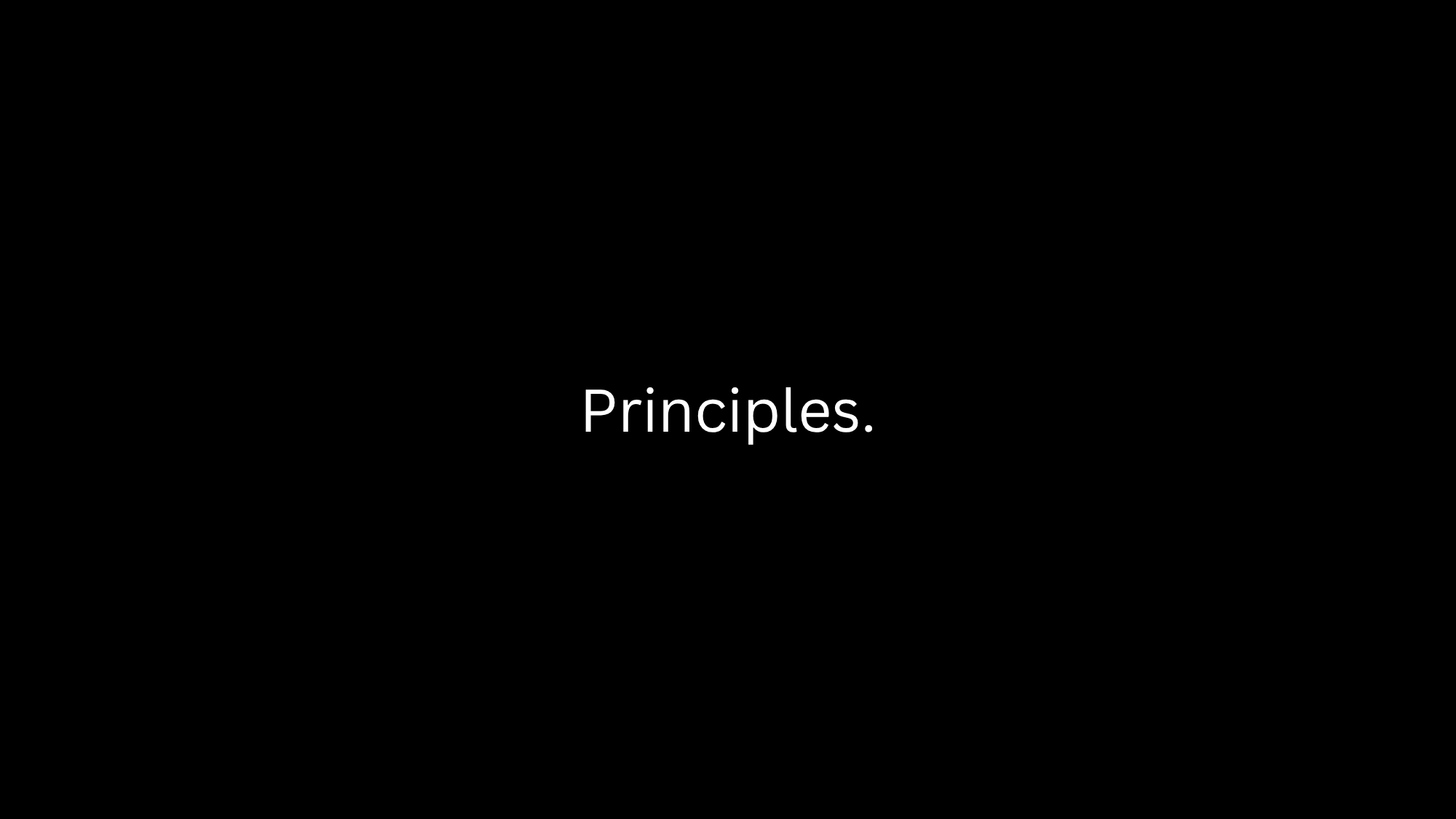

No One Has A Gun To Your Head
Amigo!
I’ve been on the road this week. Travelling to Croatia to speak at a conference. It’s been wild.
But it’s time to distil:
- 1 personal realisation I’ve had this week
- 1 mental health hack
- 1 social skills technique you can use
So let’s dive straight in
1.) No one has a gun to your head
We are social creatures, so it's natural for us to worry about the worries of others.
But most of the time we weigh up decisions with the sense a violent stranger is stood behind us at all times holding a pistol to our head. With them mapping our every move, we imagine if we make the wrong decision or make a mistake, the trigger will be pulled and it’ll be lights out.
However, if we begin to investigate situations with some distance, we’ll come to the jolly conclusion that nothing is as serious as it seems.
You can make a decision one day, and yes, perhaps the consequences if it goes wrong could be dire, but after all, everything is figureoutable.
Every "big life decision" I was ever afraid to make in my life turned out to be nothing more than a situation I had a lot more control over than I thought.
I’ve reached this conclusion this week after accepting the invitation to speak at the conference, knowing 40 people who I'd never met before would be watching and listening to me get asked random questions on stage about being a creator.
My fear told me;
- I’ll be judged,
- I’ll be boring,
- No one will care.
But of course it turned out everyone was welcoming, the nerves went 30 seconds into me speaking and I realised yet again - no one has a gun to your head.
So keep this in mind the next time you’re weighing up a “life changing” decision you think will have drastic consequences or you’re facing a fear. Nothing is as serious as it seems, especially while you’re thinking about it.
Here are two more similar principles:
- In every moment you are free to do whatever you want, you need only face the consequences.
- We are all living in cages with the door wide open.
Now let’s cover how you can drastically improve your mental health.
2.) The cards
Improving your mental health largely involves retuning to psychological states you’ve experienced in the past. And three years ago I listened to a podcast from Matthew Hussey, a renowned dating expert, and he spoke about his “card system” for managing his mental health.
What you do is this…
Get some notecards and for the next 2 weeks observe yourself.
When you notice you feel particularly happy, aligned, focused and clear, write down on the cards:
- Where am I?
- What happened?
- How do I feel?

Over time you'll collect reference points for the psychological states you’d like to return to. View them as psychological buttons you can press. Sometimes I read my cards in the morning so I’m clear on what I have to do to cultivate a certain state.
For example:
Where am I? = in my room looking out of the window.
What happened? = I did 2x study sessions and a 45 minute workout.
How do I feel? = clear, strong, aligned, focused, still.
You can utilise the cards in reverse as well. So if you’re in a rut, feeling low or angry, capture that moment in the same framework so you gather evidence of what actions to avoid because they make you feel worse.

For instance:
Where am I? = in the garden.
What happened? = I scrolled on youtube for 2 hours.
How do I feel? = tired, drained, annoyed, groggy.
I cannot vouch for this technique enough. It has single handedly improved my mental health over the last three years.
Finally, let’s cover one social skills hack I’ve been practicing this week with great success.
3.) Posture towards people
When you read a lot about social skills you start to realise improving your social skills is incredibly simple; listen, show interest, find ways to connect. But one of the most brilliantly simple ways to improve your social skills is to improve your attending skills.
Attending skills are the ways we display our attention to the other person. Such as; eye contact, minimal encourages (hmm, ah, ok, go on) and head nodding.
But the holy grail of attending skills is posturing towards people.
Try it…
In your interactions and conversations over the next week, see how much more engaged people become when you align your shoulders directly with theirs and hold good eye contact. Literally turn your body towards them instead of adopting a standoffish posture of disinterest.
This week I’ve been doing this with every person I meet and I’ve found I’m a lot more attentive and engaged with what people are saying.
Because remember; don’t give people 60% of your attention. Give them 100% or 0.
That’s all for this week.
Finish the week strong!
Lew
Quote of the week:

other related newsletters
tHURSDAY'S THERAPY
Join 8934+ improving their mental health & social skills 1 Thursday newsletter at a time
Happy to have you here!
try refreshing the page and trying again!


















.png)

%20(1).png)